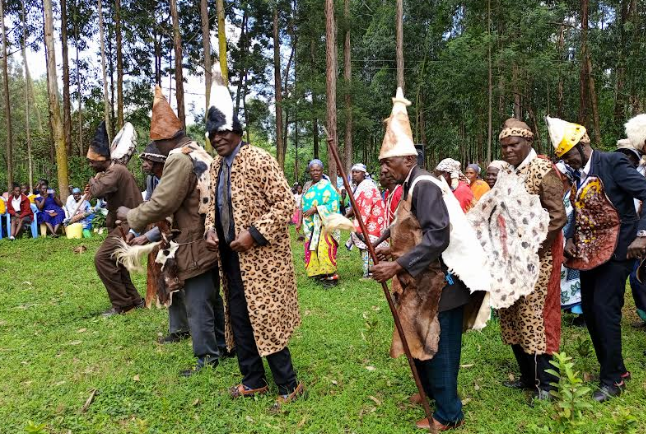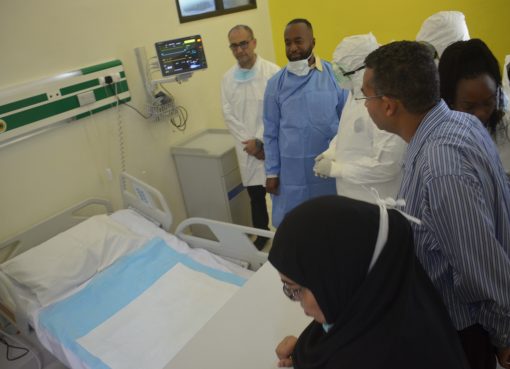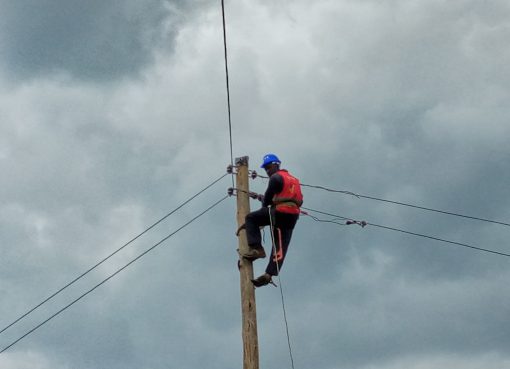A poetry festival has awakened a sleepy village in Kisii South Sub County, Kisii County, after residents were treated to a rich cultural display by local and international poets on Friday.
The festival organised by Kistrech Theatre International was held in Mosando village, Bogiakumu ward, where residents had a day-long recitation of poetry in vernacular, Kiswahili, English, and other languages by local and international poets from across the globe in what has been dubbed as poetry mashinani.
According to Kistrech Director Dr. Christopher Okemwa, the festival is meant to unite the villagers, poets from Kenya, and the international community, including Canada, Sweden, Norway, Poland, and China, among others.
Dr. Okemwa, who is also a lecturer at Kisii University, said the aim of the periodical event was to promote love for poetry and cultural exchange between Abagusii people and people from other countries.
He said the event, which was the 12th edition, was the culmination of other weeklong activities which started at the Kenya Cultural Centre in Nairobi, where various ambassadors graced the occasion, followed by a book fair at the Sarit Centre.
Abagusii oral poetry, chants, classical poetry, and cultural dances were performed during the event.
Dr. Okemwa said the importance of bringing the festival to the village was to enable poets to explore indigenous content from where cultural activities happen.
He urged custodians of literary works to consider holding such events in rural areas, noting with concern that they have been concentrating their activities in urban centres like Nairobi, Mombasa, and Kisumu. He reminded them that they also need to expose their works to those living in rural areas.
The festival attracted both young and old folk, scholars and academicians, doctors, professors, and international poets, who interacted and benefitted from the variety of the presentations.
One Marta Eloy Cichocka from Poland in the middle of Europe said it was her first time in Kenya, and she was impressed by the rich cultures in its 47 counties.
“Such a festival was a good experience for poets like me because poetry is not just about writing and being alone, but sharing togetherness,” she said.
She observed that those in Europe were more dedicated to reading poetry in closed doors rather than presentations in open spaces like it was being done in the village.
According to Miguel Rodriguez Monteavaro from Spain, poets have to be imaginative and smart in using language to raise a voice against tyranny, calamities, and war in a bid to help people understand what is happening and how to get out of their challenges.
He noted that a variety of cultures and languages brought more flavour and enabled people to express themselves more naturally.
Edna Atambo, a member of Kistrech Theatre International and a human rights defender, said theatre work was effective in civic education, especially on matters to do with human rights and governance, with spoken word being quite impactful in society.
She called upon the community to use the platform to address gender-based violence, social inclusion, and marginalisation, among others.
By Jane Naitore





